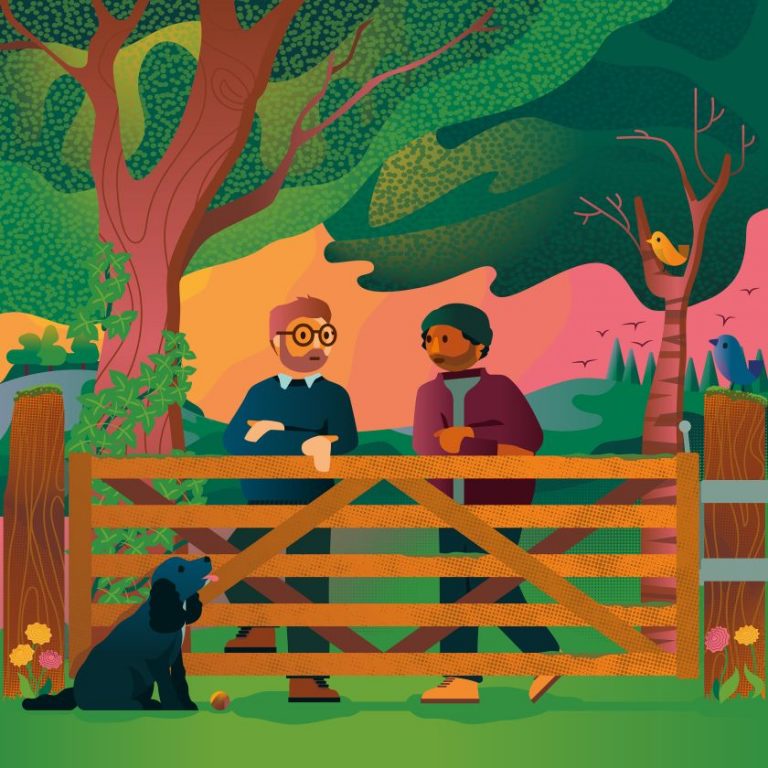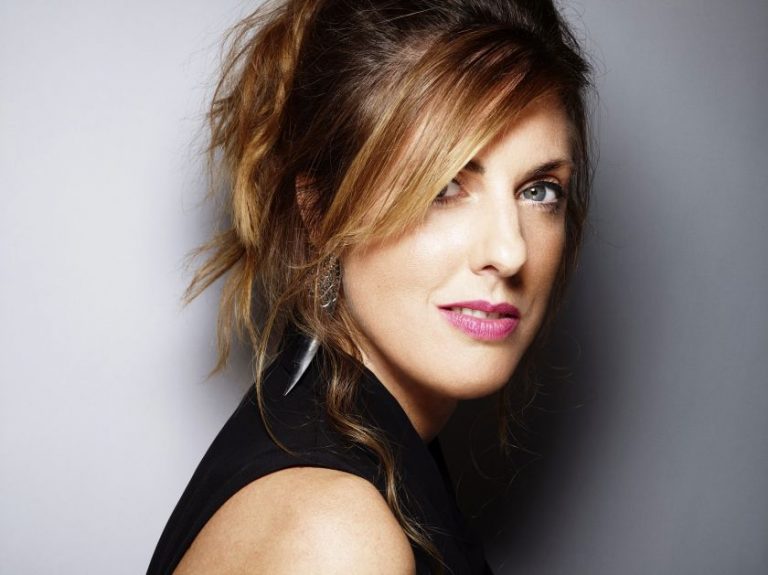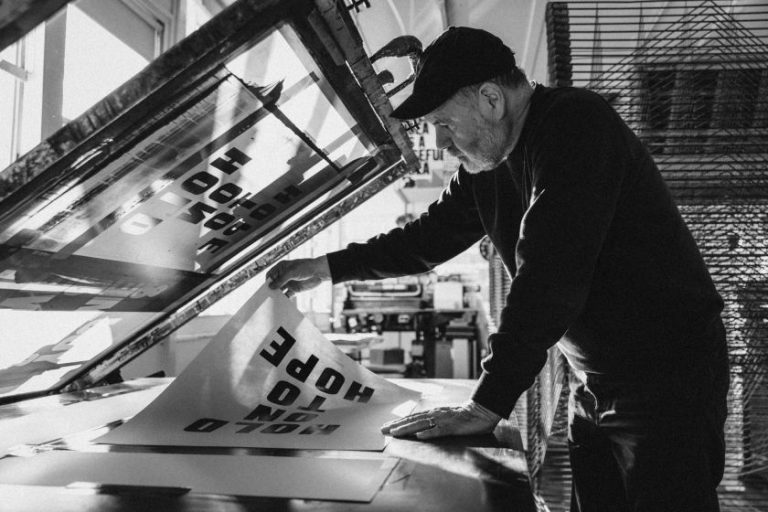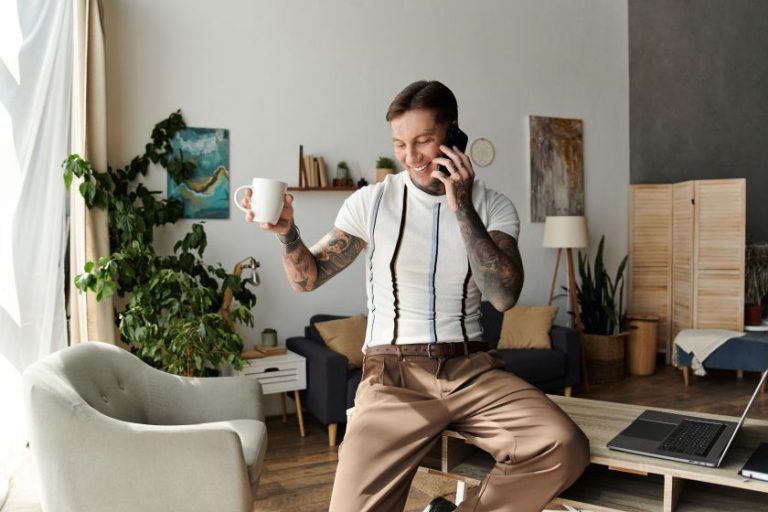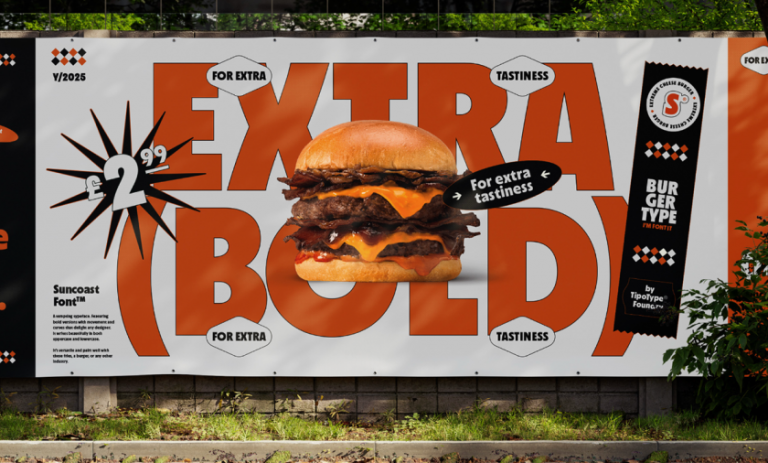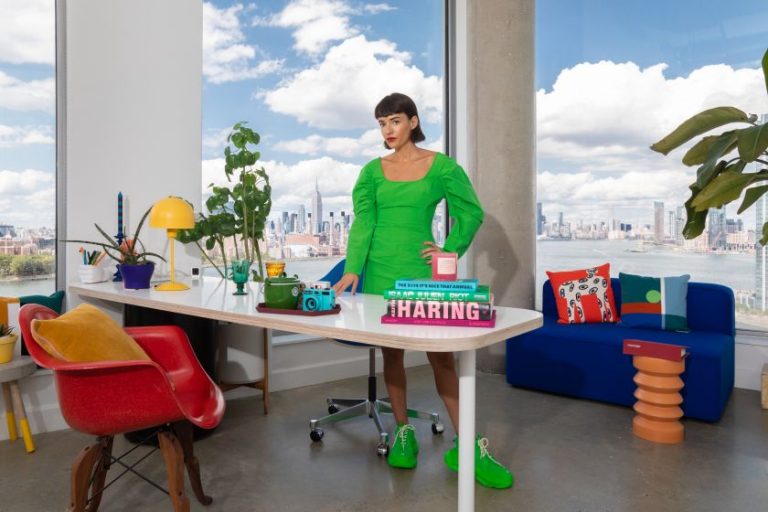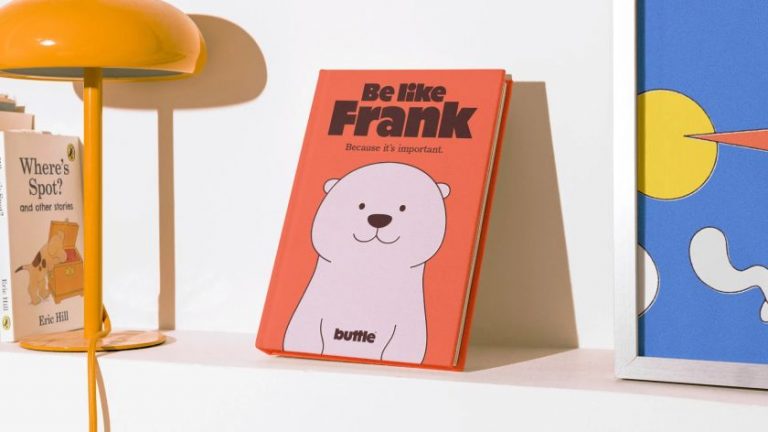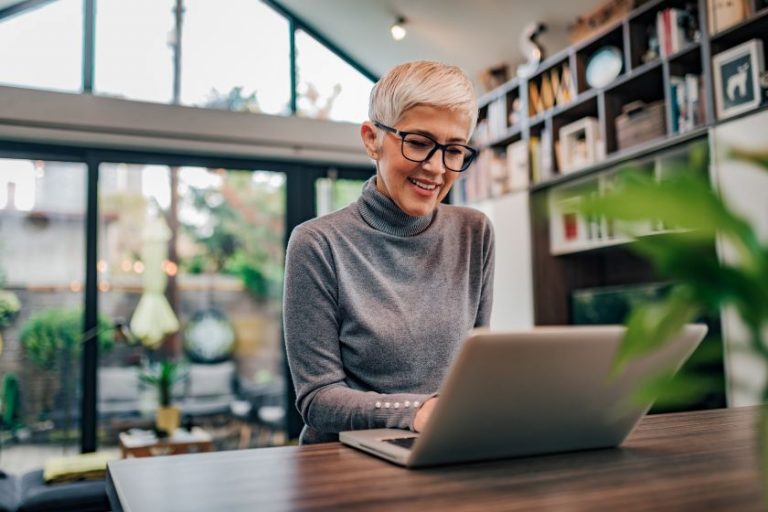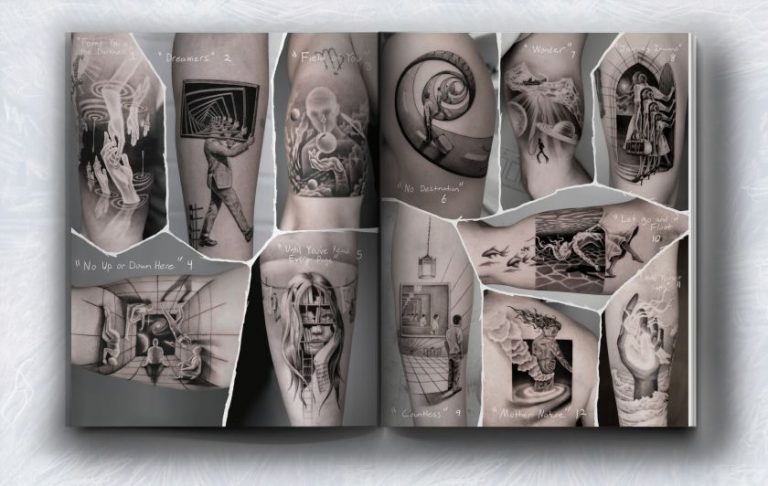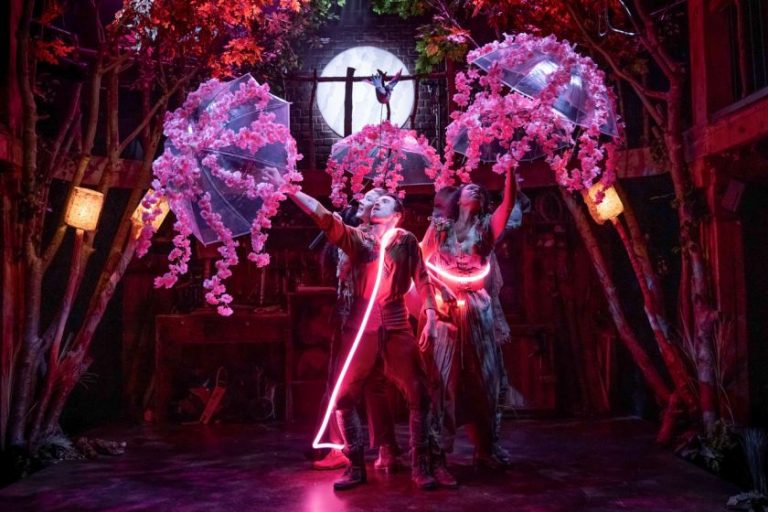Originally from Denmark, Julie Solvstrom has become a leading light in Vancouver’s creative community with her beautiful, organic approach to illustration and typography.
In a world where synthetic imagery is on the rise, illustrator and typographer Julie Solvstrom has the antidote. That’s not to say her style is traditional—it feels graphic and modern. And it’s not that she doesn’t use computers, though she is moving back towards analogue methods. But the imagery and lettering she creates do have a warm personality, aided by their tangible, textured, organic feel.
“When I draw letters, I want them to look friendly,” says Julie. “I think the chunkiness helps with that; it makes them look approachable in a way. I love high-contrast letters, and as you’ll see in a lot of my work, I’m a sucker for these curved, trumpet-like terminals. I like the imperfect, sometimes awkward look and make a point of not cleaning things up too much.”
For example, instead of terminating in points, the peaks of her capital Ms are wide and billowing, atop trunk-like strokes a little reminiscent of the giant Sitka spruce of British Columbia, where Julie is located. This only adds to the organic feel of her work, which is balanced, structured, and hierarchical thanks to her background in graphic design, but also infused with positivity and inspired by nature.
Julie arrived in Vancouver in 2017 after finishing her degree at the Royal Danish Academy of Design. She had wanderlust, for sure, but when Julie arrived, she realised the city is home to Adbusters, the spoof ad, culture-jamming magazine that inspired her so much as a student. She applied for a job there and even got an interview, but sadly, she did not get an offer. Instead, she stayed in Vancouver and assembled a portfolio of gorgeous illustrations and illustrated type.
Julie’s appeal for work on arriving in Vancouver.
“Vancouver has a wonderful, collaborative, and diverse creative scene,” she says. “It’s definitely more intimate than Copenhagen, where I studied, and you kind of get the sense that it’s still growing into its identity. Copenhagen has such a long tradition of design and feels much more established, but, to me, it is also more rigid. What I really like about Vancouver is that it feels freer and a bit more relaxed.”
Inspired by the lettering artists such as Gemma O’Brien, Jessica Hirsche and Lisa Congdon, and foundries such as OH no Type Co, XYZ and Blaze, Julie has created several experimental character sets of her own. Typically, clients will see something in her portfolio that they like, and she’ll work from that basis, making tweaks and changes to ensure that each project is unique.
“It’s easy to get a bit stuck in your own style sometimes. What’s important, in my opinion, is to keep experimenting, explore new mediums, and push boundaries in your personal work. You’ll find that clients will begin to seek you out for that as well. Don’t be a one-trick pony,” says Julie.
Botany drinks packaging for Collective Arts Brewing.
Julie speaking at The Design Conference in Brisbane, in June 2024.
This can mean collaborating with other creatives, such as the motion designers Mat Voyce and Martin Kundby, to produce new works that enrich her portfolio. Or, she’ll make up projects that represent the type of commission she’d love to receive. “This led to a collection of beer labels for Silverstream Brewing, a vegan cookbook titled Plant-Based Banquet, and a series of skincare products I named DANSK,” she says.
In 2024, Julie took her maiden voyage into the world of super-sized artwork as part of Vancouver’s annual mural festival, and she wants more of that to come her way.
Created with motion designer Mat Voyce.
Julie’s self-initiated DANSK products.
Her book Plant-Based Banquet.
“Lately, I’ve been feeling a strong pull to work more analogue, and I think this will be a growing trend within the field of illustration, especially with the constant advancements in AI,” says Julie. “I’m not in the camp that believes AI will take our jobs, but I do think it will significantly shift the industry, and we’ll need to adapt.”
Her other key piece of advice is to connect with other creatives and clients in your community. “We’re all wired differently, so what works for me might not work for others,” she says. “But meeting other creatives for coffee, attending events, joining a creative studio collective, and working with more British Columbia-based clients has been a real game changer for me, and it’s something I would encourage other creatives to try.”

